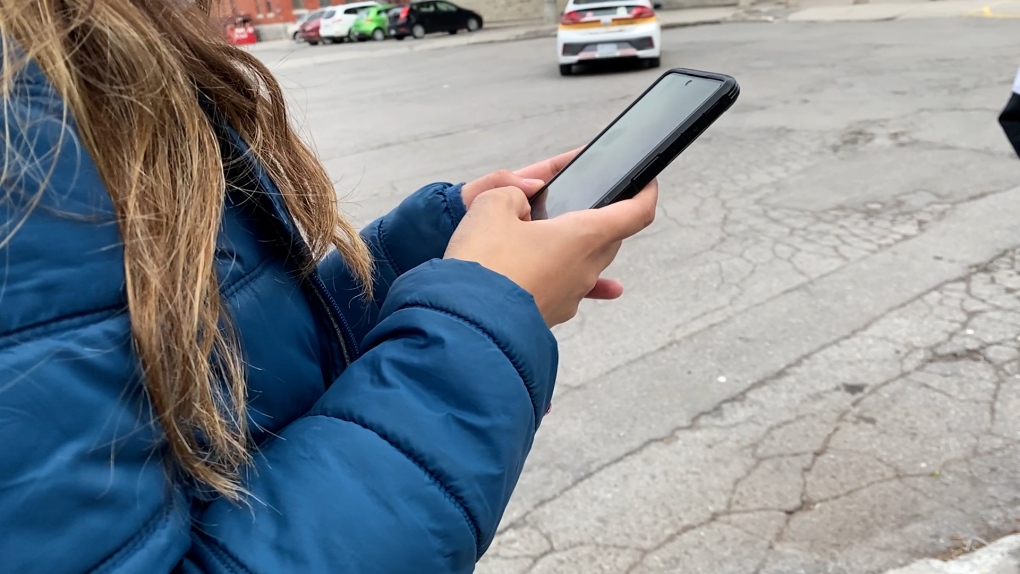As the Ontario government gets set to ban cellphones in school starting in September, the Ottawa Catholic School Board is poised to develop its own local policy encompassing “broader technological considerations.”
“This proactive stance acknowledges that the spectrum of distractions extends beyond cell phones to encompass wearable devices and AI-enabled accessories like watches and glasses,” said OCSB Director of Education Tom D’Amico.
“In the months ahead, we are committed to crafting a nuanced policy framework that not only addresses immediate concerns but also equips our students with the skills and mindset necessary to navigate the digital landscape responsibly. Our ultimate goal remains unchanged: to nurture compassionate and accountable digital citizens who leverage technology for the greater good.”
Starting in the 2024-2025 school year, students in kindergarten to Grade 6 will be required to keep their phones on silent and out of sight for the entire school day. Cellphone use during class time will be banned for students in grades 7 to 12 unless they’re given permission by an educator.
“Staggering numbers, the numbers I’ve seen with parents supporting the ban because they want their kids to go to school and learn not to be on social media and fiddling around with their cell phones during class,” said Ontario Premier Doug Ford while speaking in Ottawa on Monday.
While many agree with the concept in principle, enforcing it is another thing.
“I look forward to him [Ford] supporting people through this, but we’re going to spend a lot of time policing cell phones and not teaching,” said Karen Littlewood, the president of the Ontario Secondary School Teachers’ Federation.
For so many, including students, technology is ingrained in their everyday life.
“We use technology to do assignments. We use it to do everything constantly, all the time. So it would be really hard just to get rid of it and like limit it for older kids,” said Grade 11 student Sophia Ortiz-Chiarelli.
There’s mixed reaction to the ban among students.
“It’s not a bad idea,” said Ali-Youn Gueye. “And it will definitely help people pay more attention in class.”
“I think this is a bad idea because many students use cellphones for educational purposes,” said Alex Poltavets. “Sometimes I need to Google something for my music piece. Also, I can use my cellphone to Google some words because I am an international student from Ukraine.”
Ortiz-Chiarelli said there should be a focus on balance instead of an outright ban.
“A lot of times when kids are done their work or they have free time in class, I think that should be okay to just use your phone then,” she said.
Under the policy, teachers can confiscate cell phones from students not complying with the ban and send them to the principal’s office. Those repeatedly in violation could also be suspended.
The Ottawa-Carleton District School Board said in a statement, it “recognizes the importance of student mental health and well-being and welcomes targeted supports and resources to do this work. We look forward to receiving detailed information from the Ministry about these announcements to better understand the implementation strategies and available funding.”

